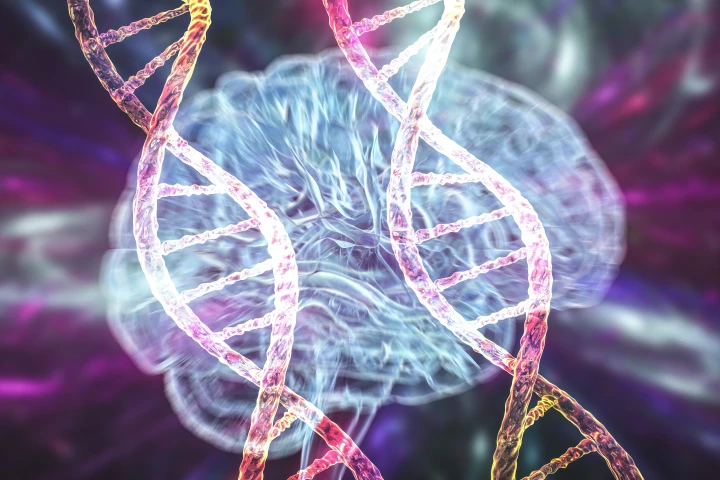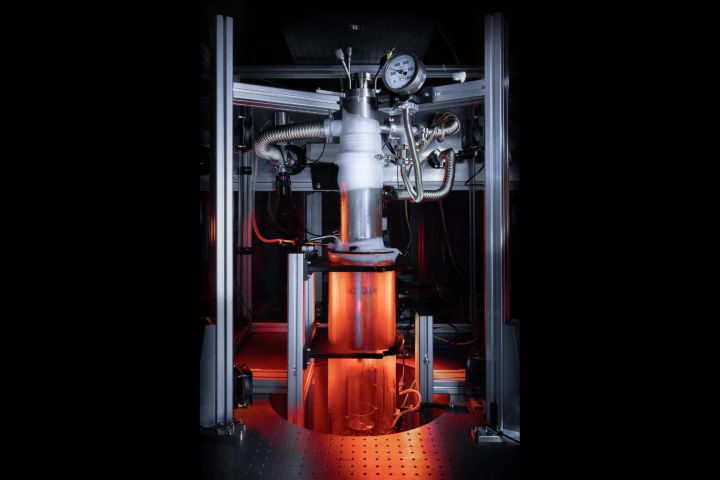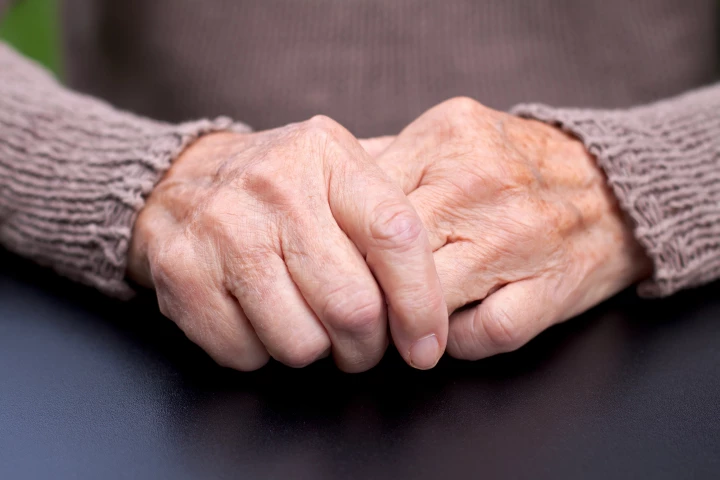King's College London
-
If you want to stop potholes from forming in asphalt roads, you've gotta get 'em while they're still just tiny cracks. A new self-healing asphalt could one day do that very thing, utilizing spores obtained from moss.
-
In the first study of its kind, scientists have used extensive data to identify that adults with ADHD have a significantly lower life expectancy than their neurotypical peers. This unprecedented research should serve as a serious wake-up call.
-
We've never been closer to accurately assessing whether someone is more susceptible to developing depression due to their biology, with 293 new gene variants found to play a role in ramping up the risk factor. That's 42% more than previously known.
-
As if Komodo dragons didn't seem ferocious enough already, scientists have now discovered that the reptiles tear through flesh using a coating of iron on their teeth. It is now believed that dinosaurs such as T. rex may have been similarly endowed.
-
Cow’s milk contains nanoparticles that can be used to deliver RNA therapy orally, say researchers. With such drugs currently only administrable by injection, the discovery opens the door to cheaper, more accessible treatments for a range of diseases.
-
As common as asthma is, exactly how it starts remains murky. Scientists have now identified a new root cause, and importantly a new angle for treating the disease that can prevent the main symptoms.
-
A giant quantum vortex has been created in superfluid helium in a lab at the University of Nottingham. Its behavior was found to mimic that of black holes and may help astrophysicists gain deeper insight into these galactic gravity gobblers.
-
A drug currently used as a second- or third-line treatment for those with rheumatoid arthritis has shown huge promise as a preventative, stopping the onset of the debilitating and painful disease in 92.8% of at-risk participants after 12 months.
-
For the first time, scientists have found that measuring airborne allergen levels, instead of the traditional method of performing a pollen count in real time, can help the 25% of US adults with hay fever better assess risk and manage their symptoms.
-
Researchers found that 92% of severe asthmatics could decrease their daily steroid dose after receiving biologic therapy to reduce lung inflammation, minimizing the risk of adverse effects associated with long-term steroid use.
-
A study has found that placing older adults in a simulated high-altitude environment for a week before major surgery greatly improved their hemoglobin levels, addressing a common preoperative problem, anemia, that can lead to surgical complications.
-
Researchers investigating the genetics underlying the airway inflammation seen in severe asthma have, for the first time, discovered that proteins that bind to RNA are dysregulated, driving changes in gene expression in cells that line the airways.
Load More











